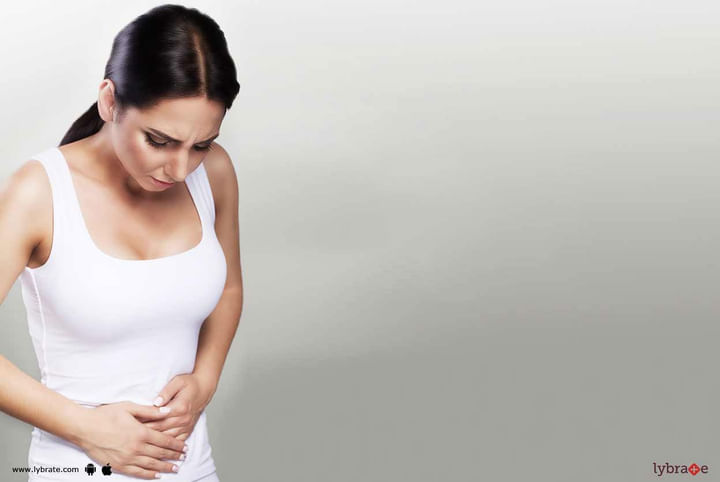Fistula In Ano - How Effective Is Ksharsutra In It?
An anorectal condition can be difficult to live with and often remains undiagnosed, due to it being perceived as an embarrassing ailment. Fistulas are conditions where two body parts, that are not meant to be connected, become linked as part of the disorder. Rectal fistulas can be painful and standard treatments are available, which can cure the condition. However, these treatments come with serious side effects.
Most people prefer Ayurvedic fistula treatments over conventional medications for the lack of side effects as such. Ksar sutra is one such branch of treatment in Ayurveda, which has shown tremendous results against fistulas. Here is a look at all that you need to know about Kshar Sutra.
What does Kshar Sutra mean?
Kshar Sutra is a form of treatment, which uses threads laced with the juices of medicinal herbs to treat rectal fistulas. ‘Kshar’ refers to the herbs and ‘Sutra’ stands for the thread used for the treatment. It is a minimally invasive surgical procedure with almost no side effect or danger. The Kshar Sutra form of treatment was first discovered by Sushruta, Vagbhata and Charak. In recent times, BHU’s Shalya Tantra Department has once again proved its efficacy in case of rectal disorders.
How is the treatment done?
Once the thread has been coated with the medicinal herbs, the same thread needs to be inserted into the fistula in ano. The patient is anaesthetized and the thread is inserted into the fistula using a probe. The thread is then taken out from the other side and the two ends of the thread are tied together. This thread is changed after every 7 days. This thread insertion effectively cuts the tract and unhealthy tissue is removed from the region.
Why is Kshar Sutra beneficial?
Benefits for this form of treatment include-
- Lower risk of anal incontinence, which may occur in the case of conventional medicine and surgery.
- Lower risk of the anal canal getting narrower after the treatment is completed.
- Minimally invasive treatment, which is why patients can resume a normal life after just 3-4 days of recovery.
Apart from the treatment, patients should also follow a diet rich in fibre, fruits and vegetables. Drinking large quantities of water will also result in a better prognosis. Lastly, engaging in daily walks will also help you deal with the condition.



+1.svg)
